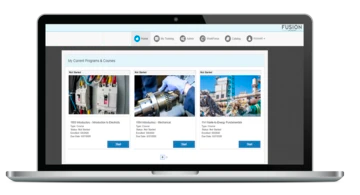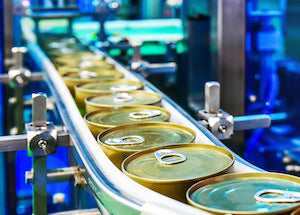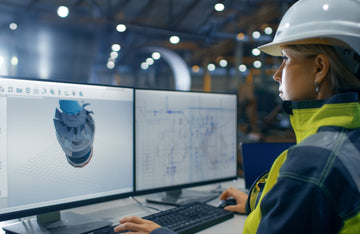
Power outages are on the rise in the United States, due in part to increased demands on the electric grid and a rise in severe weather events. Taking the following steps helps keep your building, electrical systems, and tenants safe when the power goes out, and when it comes back on.
-
Develop an Emergency Plan for Occupants
Facilities staff, tenants, and residents should all understand what to do in the event of a blackout. If you’re managing a residential building, this is relatively easy. Barring fires or other emergencies, most residents are generally safe remaining in their homes until the blackout ends.
Buildings housing commercial enterprises need more complicated emergency plans, with staff who need to be evacuated for safety or security issues. Decide upon a designated meeting area for evacuees so everyone can be accounted for. If the meeting area is indoors, ensure it has proper ventilation and access to emergency supplies. -
Emergency Lighting
Navigating workspaces, halls, and stairwells can become hazardous when the lights go out. Emergency lights should come on automatically during blackouts, providing well-lit evacuation routes and lighting essential areas of the building.
All exits should be clearly marked with battery-operated Exit signs. Replace batteries at least every six months, or whenever an exit sign goes dark.
-
Emergency Supplies
Assemble an emergency supply kit and keep it current. Items in your supply kit might include:
- Battery-operated radio
- Blankets
- Emergency cell phone
- First aid kits
- Flashlights
- Food and water
- Fresh batteries
- Vital maintenance tools.
An emergency cellphone should be checked regularly to ensure it remains fully charged. Adding an emergency cell phone power bank is also a good idea—just remember to check its charge level when you check the phone.
-
Install a Backup Generator
An extended blackout can cut into profits and productivity. Restaurants and other businesses relying on perishable stock can lose their entire inventory to power outages, and interruptions in service can lose companies clients. A backup generator solves these problems, which makes it all the more surprising most commercial buildings lack emergency power sources.
Most backup generators run on natural gas or diesel, and must be connected to your electrical system by certified professionals. Generators can either provide sufficient power to run all building functions or just enough to keep essential services running. -
Protect Electronics
Protect all electronic equipment , including computers and office equipment, with surge protectors. Restoring power can cause a powerful surge of electricity capable of frying unprotected electronics.
Unexpected power outages cause computers to crash, raising the possibility important information will be lost from files unfortunate enough to be open when the power fails. Computer battery backup systems provide enough power for users to save files and shut down computers safely.
-
Protecting HVAC Systems from Surges
Much like office electronics, HVAC systems can be damaged by power surges. If your HVAC system is connected to backup generators (with properly installed surge protection), you can keep running it during blackouts—an important consideration in cold climates.
In cases where HVAC systems are unprotected, turn off the power either directly at the equipment or at the circuit breaker to prevent damage from power surges. Once the power comes back on, one of the last things you need to deal with is a damaged heating or cooling system.






Comments
Sorry, no comments found for this article